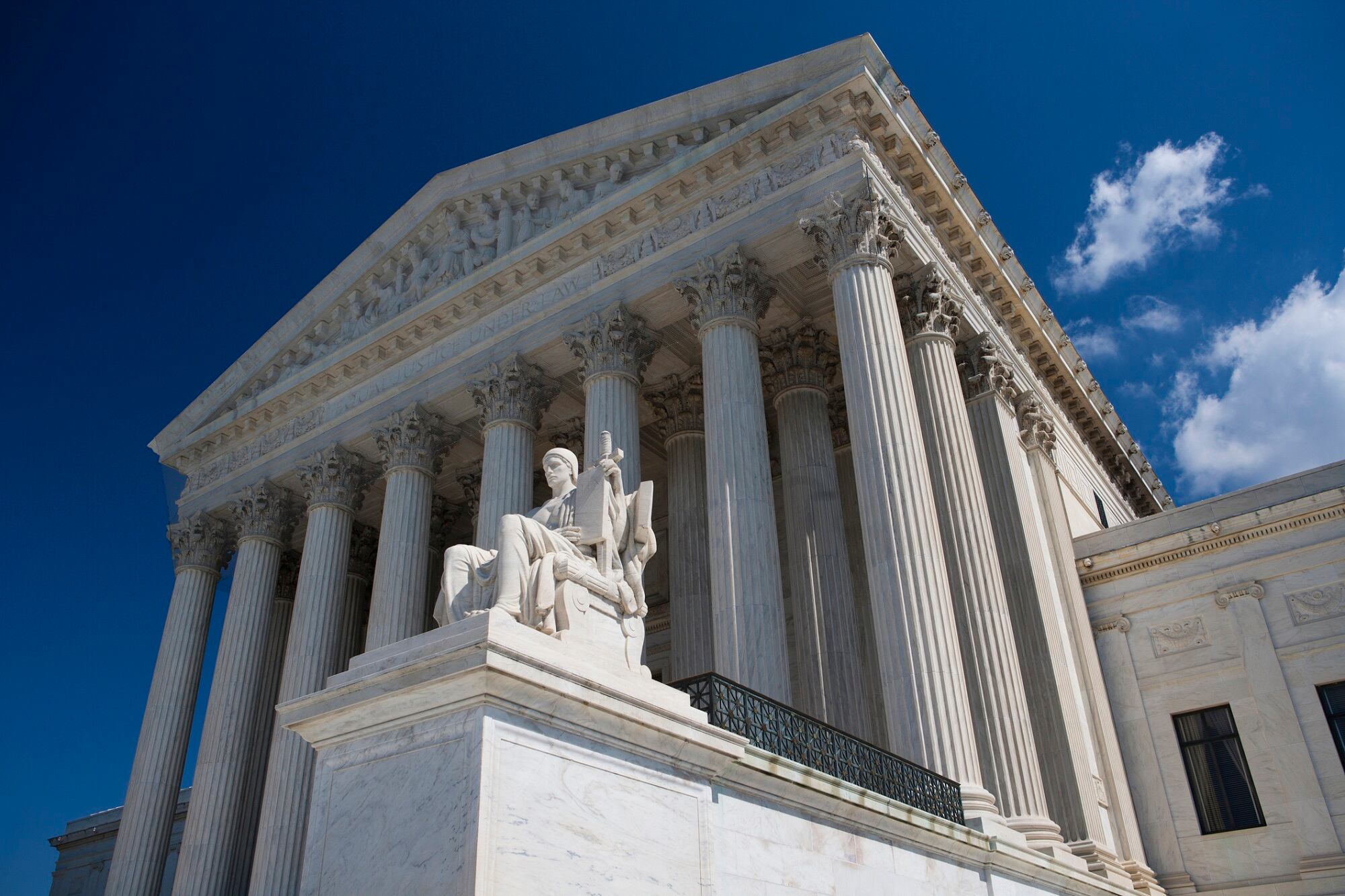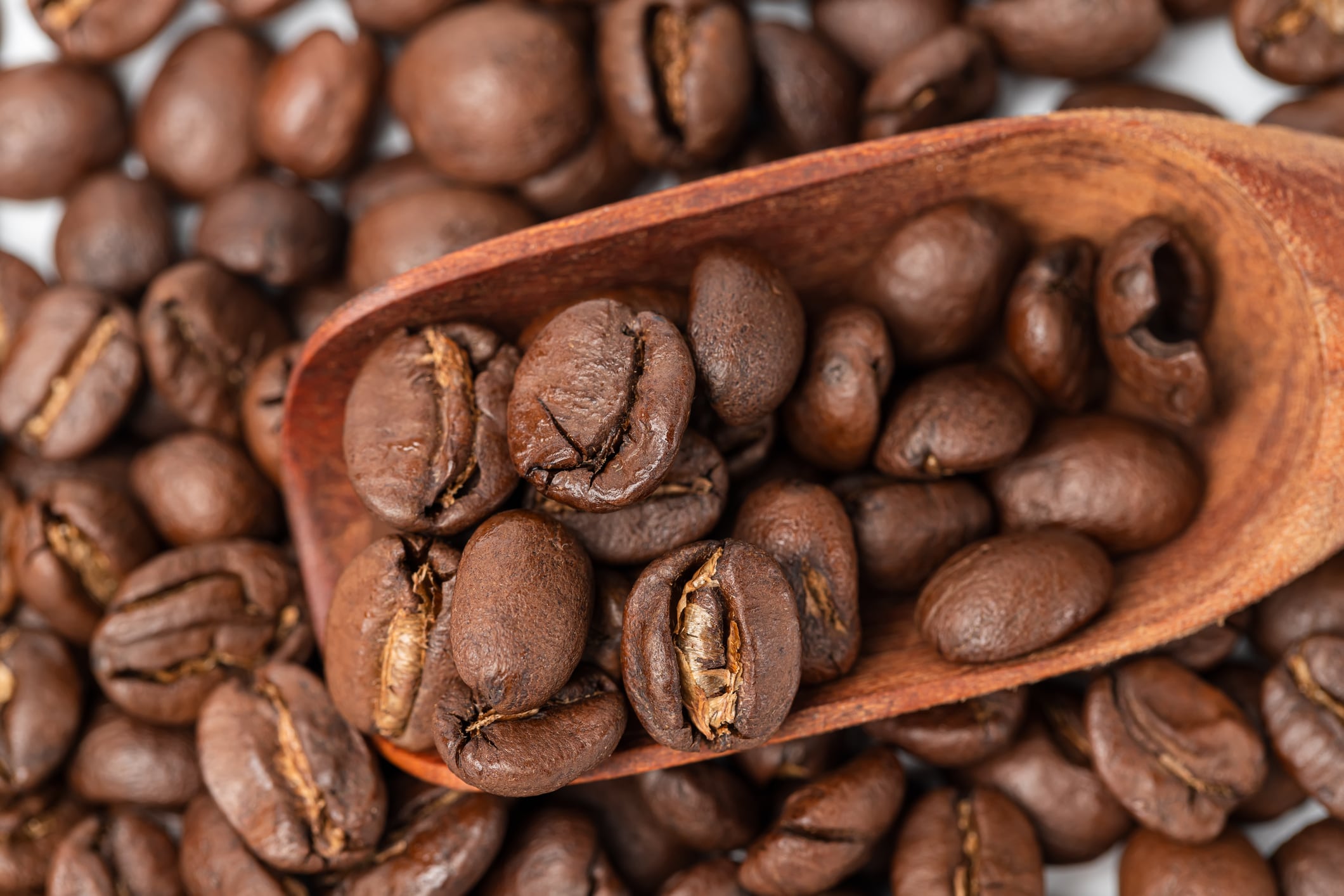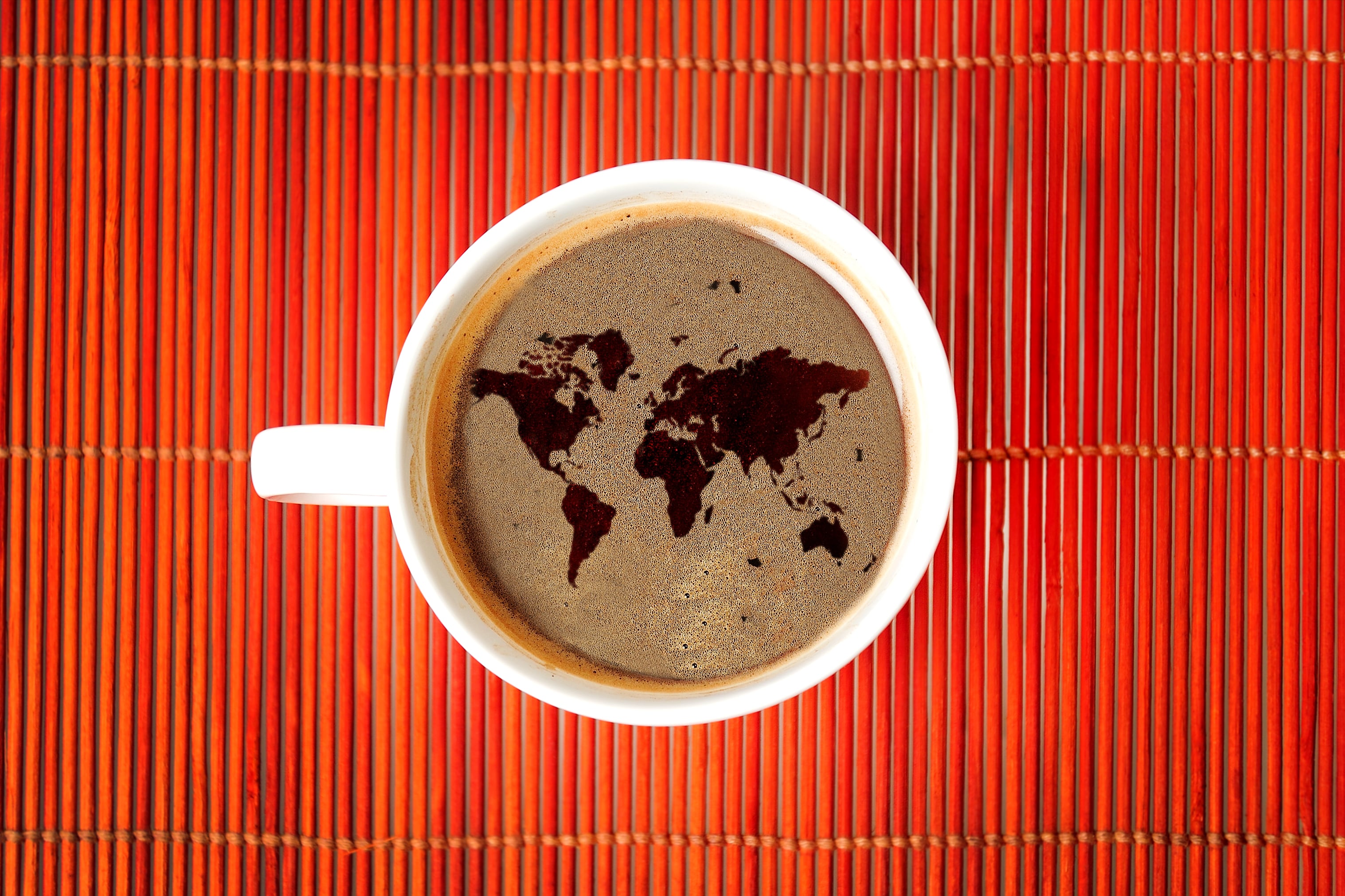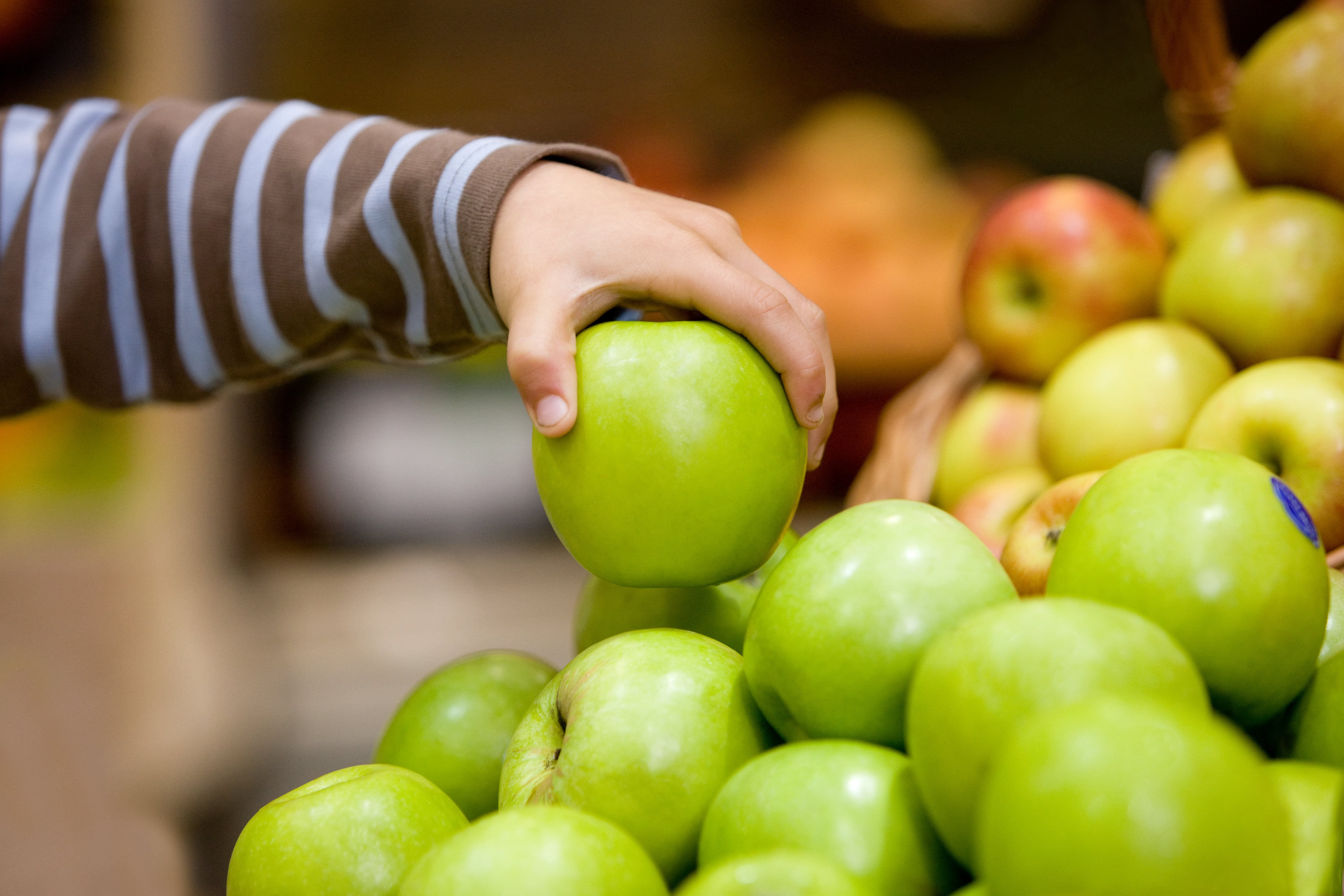President Donald Trump’s tariffs will face a Supreme Court showdown Nov. 5 – a make-or-break moment for the administration’s trade policies – and the outcome could determine whether price hikes on food products like coffee and beef continue.
Meanwhile, the US Senate voted in late October to block the administration’s 50% tariffs on Brazil, which Trump imposed in retaliation for the country’s prosecution of former Brazilian President Jair Bolsonaro, who was sentenced to 27 years in prison after being found guilty of plotting a military coup after losing the 2022 election.
Republican Sens. Susan Collins (Maine), Lisa Murkowski (Alaska), Mitch McConnell and Rand Paul (Kentucky), and Thom Tillis (North Carolina) joined Democrats on the 52-48 vote in a rare instance of bipartisan support for the resolution.
The Brazil tariff was imposed under the International Emergency Economic Powers Act of 1977 (IEEPA), which allows the president to declare a national emergency. The Executive Order invoking the IEEPA calls the government of Brazil’s actions “an unusual and extraordinary threat to the national security, foreign policy and economy of the United States.”
“The Order finds that the government of Brazil’s politically motivated persecution, intimidation, harassment, censorship and prosecution of former Brazilian President Jair Bolsonaro and thousands of his supporters are serious human rights abusers that have undermined the rule of law in Brazil,” according to the Executive Order signed by Trump in July.
Industry opposition to Brazil tariffs
The tariffs, particularly those on Brazil, have been opposed by many food industry trade groups and consumer advocacy organizations, such as the National Restaurant Association, the US Chamber of Commerce and the Consumer Federation of America.
“With restaurants operating on very tight margins, many operators may have no choice but to increase menu prices, something they are reluctant to do, because we know Americans may have to make the choice to dine out less frequently if prices go up,” said National Restaurant Association President and CEO Michelle Korsmo. “Fewer people dining out jeopardizes an industry that supports millions of jobs and local economies.”
The Senate-approved proposal now heads to the House of Representatives for consideration, but approval could be a moot point, as Trump is expected to veto any bill that blocks or limits the tariff.
The legislative move could be rendered unnecessary, if the Supreme Court rules against the president’s use of IEPPA to impose the tariffs, which lower courts have ruled as inappropriate.
The decision is so key to the president’s agenda, he told reporters in October that he planned to attend the court hearing but later said he had decided that attending would have been a distraction.
“If we lose that lawsuit, they’ll continue to rip us off and you’re not gonna end up with a country. I think it’s the most important subject discussed by the Supreme Court in 100 years,” Trump told 60 Minutes’ Norah O’Donnell in a widely publicized interview at Mar-a-Lago on Oct. 31.
Republicans revolt
Meanwhile, the mutiny continued in the House of Representatives in September with the introduction of the No Coffee Tax Act (HR5516), a bipartisan bill that would block future tariffs on coffee in countries with which the US maintains normal trade relations.
Bill co-sponsor Rep. Don Bacon (R-Neb.) said in September that coffee prices are up 21%, adding that “tariffing a product we can’t grow at a large, commercial scale, only makes it worse.”
Bacon added: “Tariffs are simply a tax on American consumers, raising the price of everyday goods without creating jobs or bringing production on-shore. Article One of the Constitution makes clear that Congress has the authority to set tariffs, and this legislation begins to reclaim that authority.”
Fair Trade America said the Coffee Tax Act would be a “huge relief” for coffee farmers and businesses.
“The US will never be able to grow enough coffee domestically to satisfy demand so charging an additional tax on top of the existing challenges is simply an unnecessary punishment for everyone who touches the global coffee supply chain,” said Fairtrade America Executive Director Amanda Archila. “Repealing these tariffs, as well as those on other commodities that cannot be grown in the US, like cocoa and bananas, will help these already overstressed supply chains stabilize and help Americans save money on their grocery bills.”
While the various challenges to tariffs primarily focus on IEEPA, the administration has said the emergency powers strategy is not the avenue for Trump to unilaterally impose tariffs.
Treasury Secretary Scott Bessent has said that if the administration loses the case, it will focus on Section 122 of the Trade Act of 1974, which allows 15% tariffs for trade imbalances for 150 days, and section 338 of the Tariff Act of 1930, which authorizes 50% tariffs.




